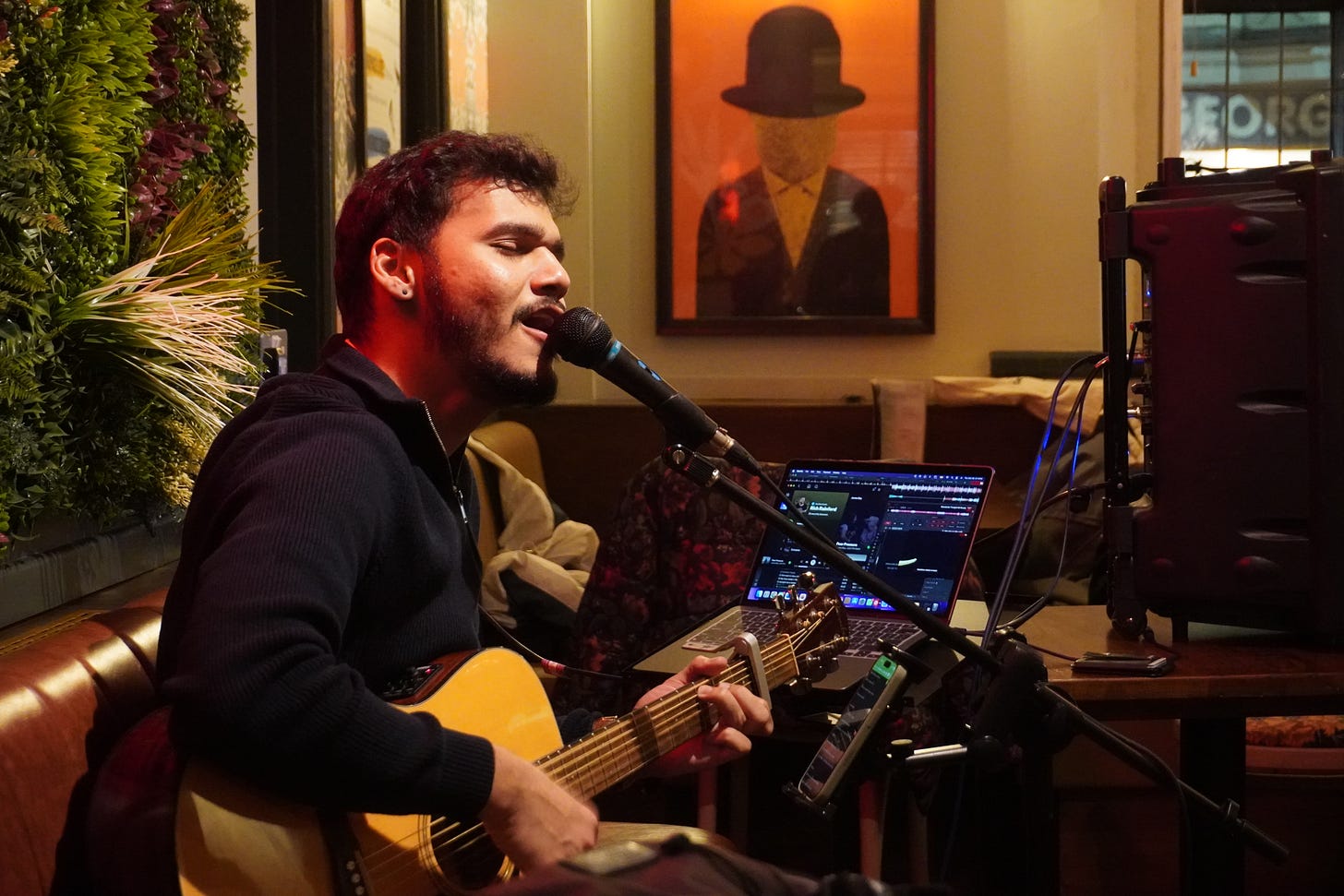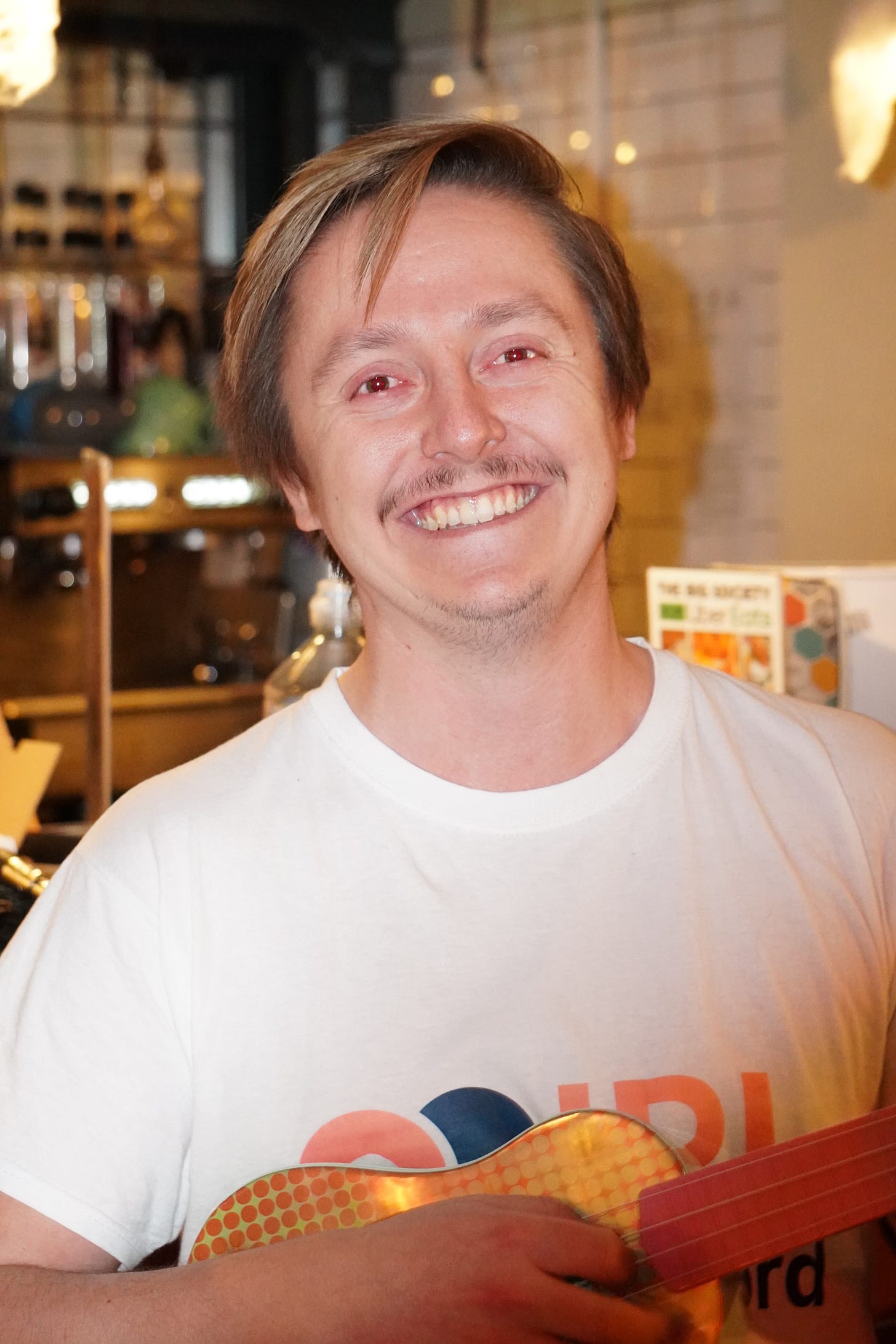The business of connecting young professionals
Socialising is hard for non-students in Oxford. A local business is trying to change that.
How do you socialise and make friends as a non-student in Oxford? An up-and-coming local event hosting business is trying to help young professionals to meet each other.
In the midst of the digital age, IRL Oxford reverts to connecting people in-person, hosting social mixers mainly directed at non-student adults. After less than half a year in business, the company has now been valued at £1.25 million.
Socialising and making friends can be hard for non-students in Oxford, a city dominated by university life. Professionals are locked out of student societies, sports clubs, and socials.
“It’s easier for students to casually meet,” said 22-year-old Zoe Hardman who works for the County Council. She said she lacked free time and wasn’t as flexible as students. Her social life needs to be planned ahead.
That is where IRL—short for in real life—comes in. “We create welcoming, offline spaces where adults can find their people over conversation, shared experiences, and quality events,” they state on their website.
IRL hosts weekly pub quizzes, open mics, and karaoke nights, along with other varied events on weekends.
The company’s founder, 31-year-old Mitch Mallary, said they targeted everyone—but especially young professionals, researchers, postgrads, and people new in town.
“The brand is primarily for once university ends,” he explained. “Because university is filled with societies, it has student social secretaries, and event coordinators.
“But that ends. And that was the biggest, starkest realisation for me. When that ended, a key part of what I thought made me human, made me feel fully live, was suddenly missing,” Mr Mallary recalled the time after finishing his PhD.
“I was really lonely.”
Loneliness is a widespread issue in the UK. According to government statistics, more than three million people reported feeling lonely often or always.
Young adults were more likely to report frequent loneliness than any other age group.
Mr Mallary said at some point he went to a mediocre dating event, where he met the people that became his closest friends. He started hosting barbecues and socials in his backyard with that friend group.
“I think there was a business idea here and I just kept hosting those and they kept growing,” until he posted an invitation to one of his backyard get-togethers online. 120 people wanted to come.
“I was like: Okay, there’s a huge appetite for this.”
The business started as Date IRL in May but rebranded to emphasise its wider focus on connecting people, also outside of dating.
“I think it has identified a real need in this community of non-students,” said 29-year-old postdoc researcher Mollie Sweeney at a recent open mic night hosted by IRL. “The crowd is a little less student-focused.”
The focus on non-students is only part of IRL’s story. “In an increasingly digital world, we believe that genuine human connections happen best in person,” their mission statement reads.
And indeed, roughly half of adults under 41 are concerned that their device usage might negatively impact their physical and emotional wellbeing, according to a Deloitte survey of US consumers.
41% expressed worry that their online time might harm their social connections and engagement in the physical world.
Mr Mallary said he and his team of mostly volunteers tried to build trust with their guests through personal interactions. “We really, really place a high premium on hospitality, learning people’s names, greeting everyone at the door, and just grinding nonstop.”
The deputy general manager of Big Society, one of the pubs that regularly host IRL events, relates to that: “To me, pubs are about community,” said Chloe, 23, who did not want to give her last name.
IRL’s people-focused approach is what stood out to her. But it’s also about business: “It definitely does make us more profitable,” she said.
The Deloitte survey also showed that some 80% of Millennials and Generation Z believe that their online activities help them to build meaningful connections.
Mr Mallary thinks technology has a part to play in connecting people. “There are ways in which we can help benefit people finding their communities in real life through technology, using it as a source for good.”
Mr Mallary, who had to learn many things about running a business on the fly, has big plans for IRL’s future. He recently secured a five-digit investment that valued the company at £1.25 million. And he said that IRL is now officially profitable.





